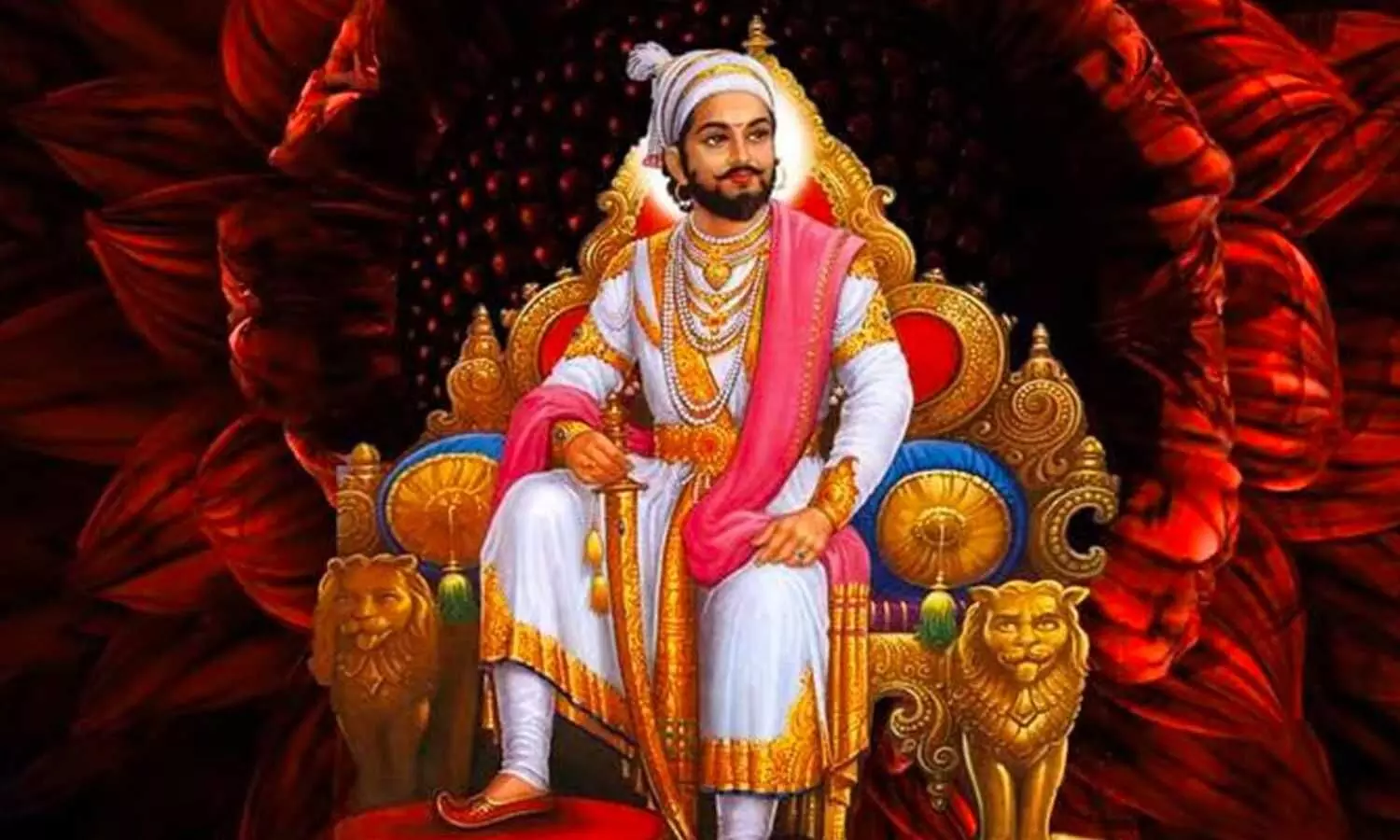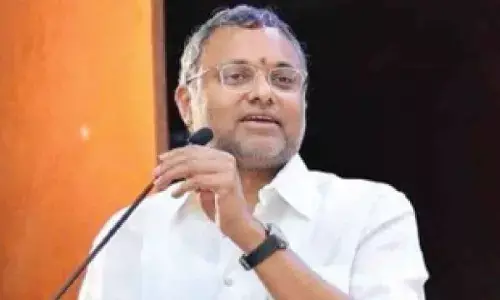Learn Shivaji Maharaj’s Administrative Reforms: A Model for Governance

Explore and learn about the legacy of Shivaji Maharaj, a visionary founder of the Maratha Empire who was renowned for his military brilliance, administrative foresight, and commitment to justice , policies on self-rule, religious tolerance, and economic stability, shaped Maharashtra’s development and left an enduring impact on Indian history.
Shivaji Maharaj: A Visionary Ruler and Reformer
Shivaji Maharaj, a warrior who founded the Maratha Empire, was famous for his military brilliance, administrative foresight, and an unwavering commitment to justice and welfare.He played an important role in strengthening the socio-political fabric of Maharashtra and laid the foundation for effective governance.He was one of the remarkable rulers in Indian history whose governance model was deeply rooted in the ethos of self-rule, military discipline, and an inclusive administration.implemented a centralized form of governance where he directly supervised key administrative functions. His coronation in 1674 as the Chhatrapati of the Maratha Empire marked the beginning of an era of self-rule and indigenous governance.Shivaji Maharaj had an unparalleled vision for his empire. He established a kingdom based on justice, security, and prosperity for his people.
Shivaji Maharaj's Policies
Shivaji Maharaj introduced many policies that defined his reign and ensured the welfare of his subjects:
- Religious Tolerance: He upheld the principle of secularism and respected all religions. He ensured that places of worship for different faiths were protected and that his army did not engage in religious persecution.
- Military Reforms: He established a well-trained, disciplined military force that was known for its guerrilla warfare tactics. His naval policy strengthened coastal security and trade.
- Revenue System: He reformed the taxation system, introducing fair revenue collection methods that eliminated corruption and oppression.
- Diplomatic Relations: He maintained diplomatic ties with various kingdoms, forming alliances to counter the Mughals and other adversaries.
Shivaji Maharaj's Reforms in Maharashtra
Maharashtra witnessed numerous socio-economic and military reforms under Shivaji Maharaj’s rule. His primary focus was on creating a self-sufficient, strong, and independent state:
- Agricultural Reforms: He introduced measures to support farmers, ensuring that they were not exploited by landlords and tax collectors.
- Water Conservation: He built several reservoirs and promoted irrigation projects to enhance agricultural productivity.
- Social Reforms: He promoted equality, ensuring that lower castes and marginalized sections had access to opportunities.
- Security Reforms: His fortification strategy was unmatched, ensuring that forts like Raigad, Pratapgad, and Sinhagad became impenetrable strongholds.
Shivaji Maharaj's Empire Management
Managing a vast empire required vision, discipline, and strong administrative principles. Shivaji Maharaj established a well-defined administrative system:
- Ashta Pradhan Council: He set up a council of eight ministers (Ashta Pradhan), each handling a specific administrative function, ensuring smooth governance.
- Fort Management: He built and strategically maintained forts to safeguard his territories and ensure rapid military mobilization.
- Spy Network: His well-structured espionage system provided him with critical intelligence on enemy movements.
- Revenue Collection: His revenue policies ensured that his empire remained financially stable without overburdening the citizens.
Shivaji Maharaj's Vision for Governance
Shivaji Maharaj's governance was driven by his vision for a just and prosperous state. He aimed for:
- His entire struggle was centered around Swarajya (self-rule), ensuring freedom from foreign domination.
- He focused on the welfare of the common people, promoting justice and fairness.
- He envisioned an administrative system that minimized corruption and maximized efficiency.
- By promoting trade, agriculture, and taxation reforms, he laid the foundation for a prosperous economy.
Shivaji Maharaj's Administration Lessons
The governance model of Shivaji Maharaj provides valuable lessons in administration even today:
- Shivaji Maharaj has always believed in the distribution of power for effective governance. His Ashta Pradhan Council is a great example of effective governance.
- Introduction of Chauth and Sardeshmukhi are few taxation policies which ensured fair revenue collection while maintaining social harmony.
- His effective military strategies and infrastructure reforms have strengthened national security of India. His efficient spy network and fort based defence strategies were quite revolutionary and are still studied in military strategies.
- Due to his focus and determination towards welfare of the people, he created many policies to stop corruption and maintain law and order.
- As a visionary, he understands the importance of transparency and accountability. He would choose his officers based on merit rather than favoritism.
Conclusion
Many great warriors were born on Indian soil, but Shivaji Maharaj was much more than a warrior. As a visionary leader he redefined the governance in India. His policies and administration were evidence of his effective governance and innovative reforms. He emphasized on decentralized decision-making, revenue administration, military strength, justice, and civil administration to set a benchmark for future rulers. Many aspirants preparing for government examinations are inspired by his principles and practices. His principles and practices offers insights into the rich historical legacy of India and the principles of good governance that transcend time.

















